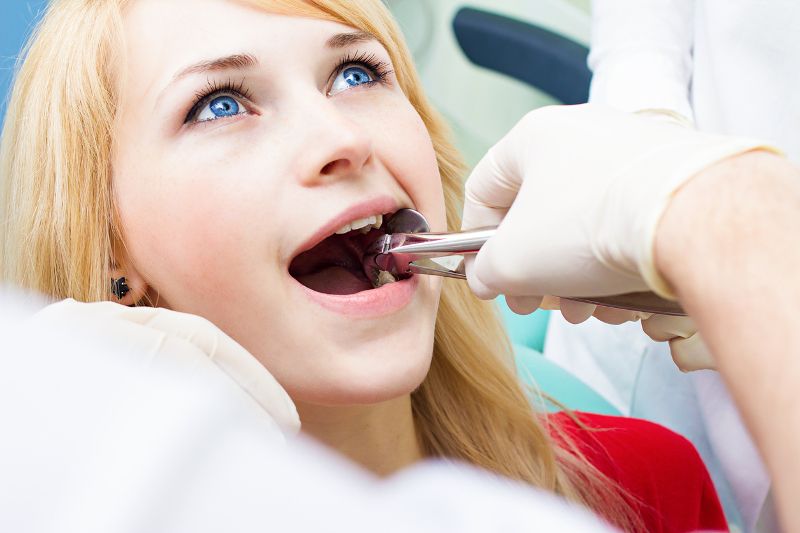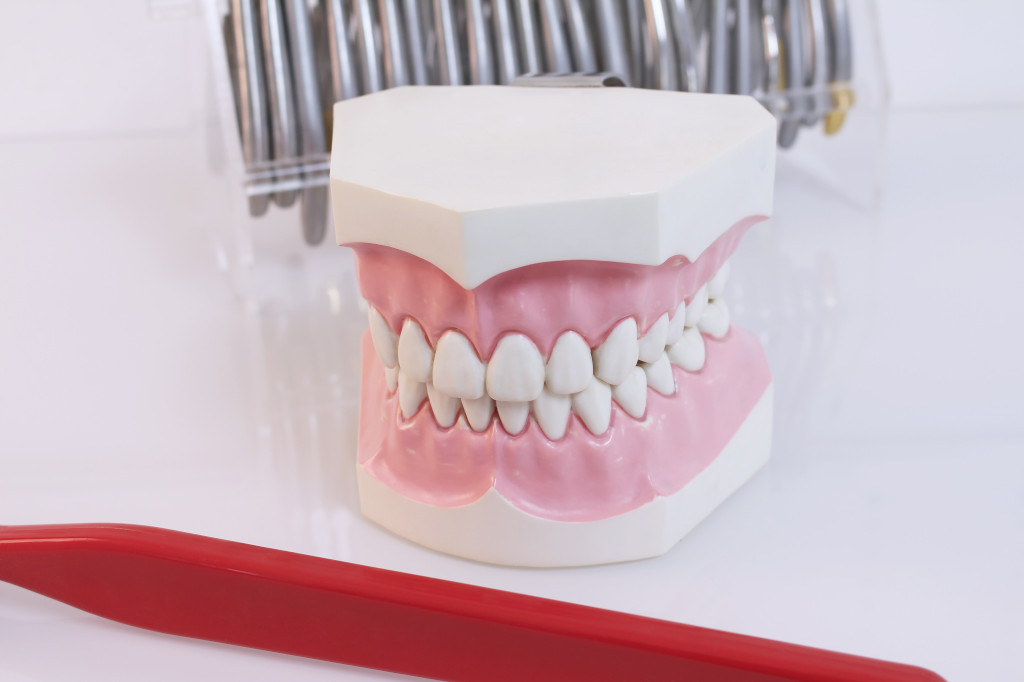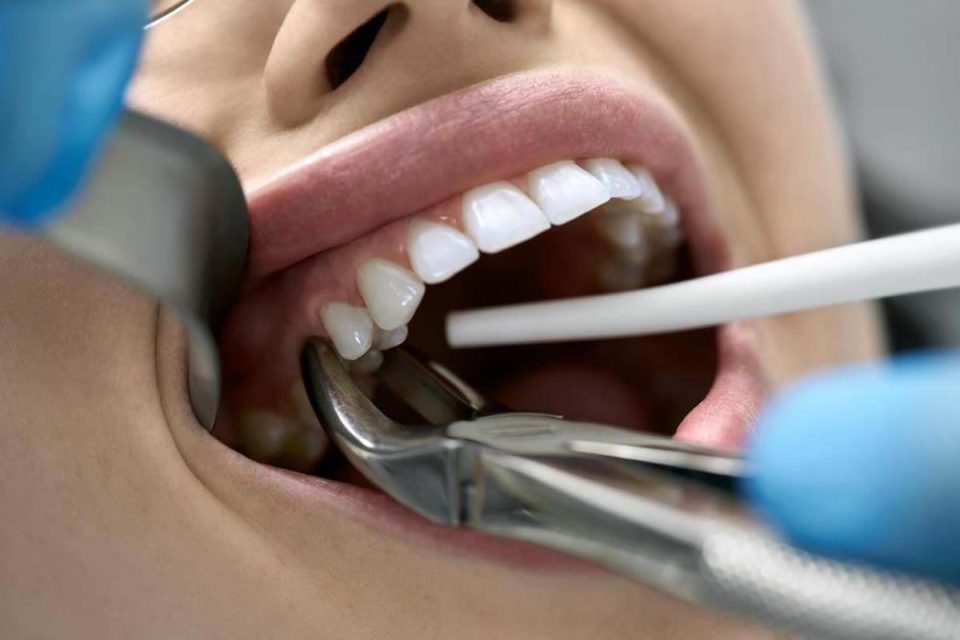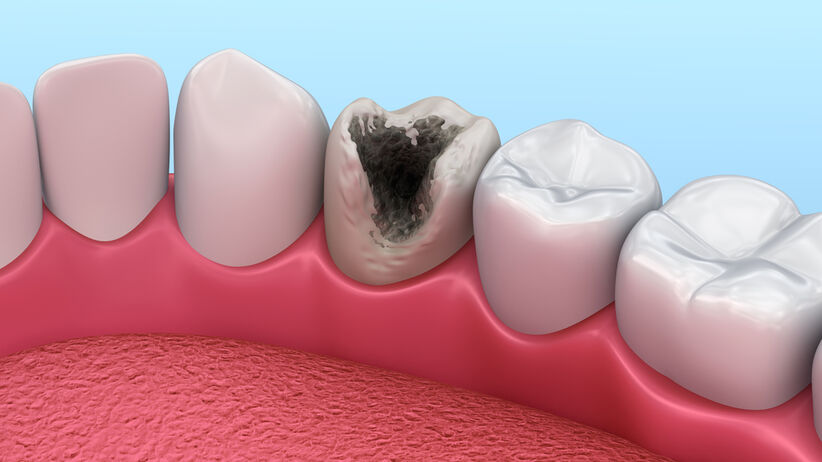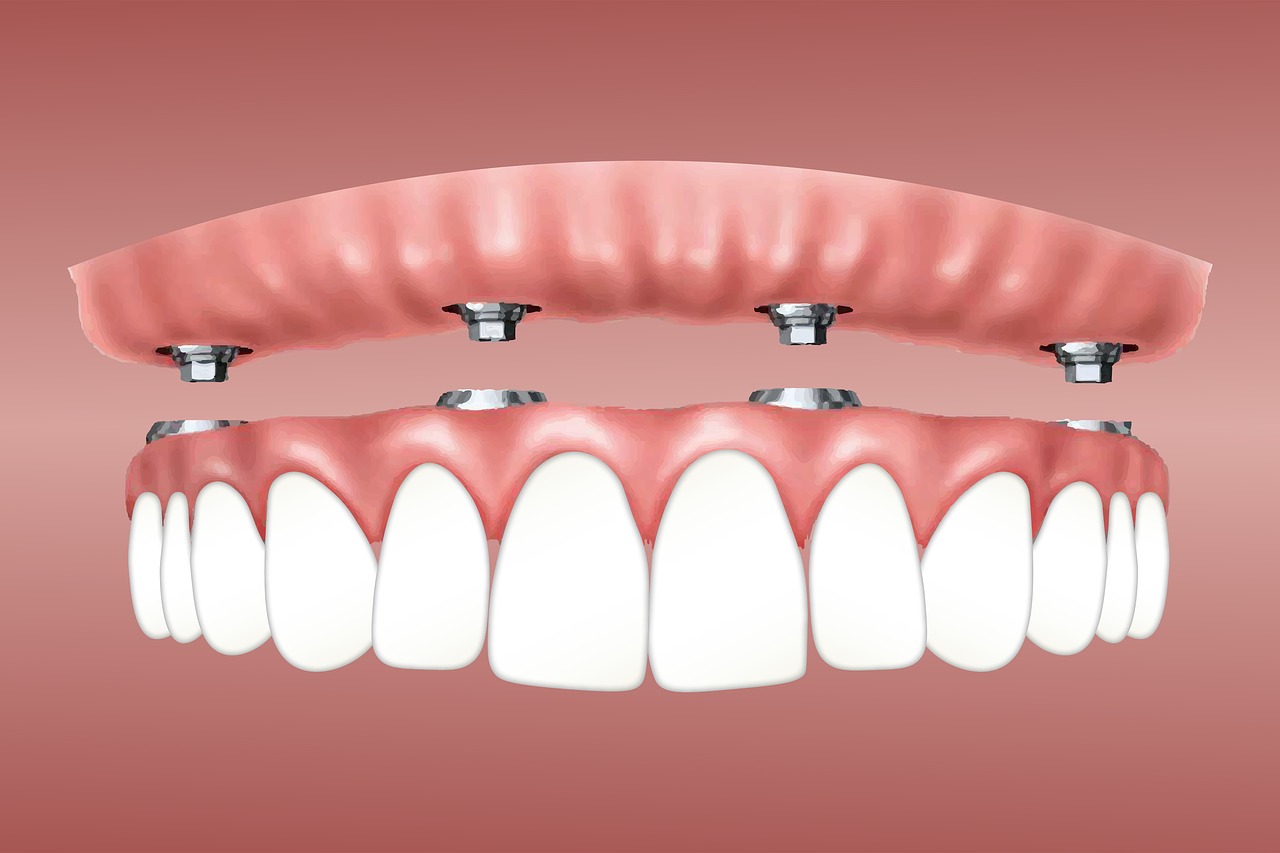In this article, we will explore effective ways to accelerate recovery and reduce discomfort after a surgical tooth extraction. From managing post-operative pain to promoting faster healing, we’ve got you covered. Our expert tips and advice will help you regain your oral health and get back to your normal routine as quickly as possible.
By following the proper guidelines, you can minimize the risk of complications and ensure a faster and more comfortable recovery. From choosing the right foods to practicing good oral hygiene, our comprehensive guide will provide you with the necessary knowledge to optimize your healing process.
Don’t let fear or pain prevent you from seeking necessary dental treatment. Let us show you how to recover quickly and comfortably after a surgical tooth extraction.
Do you dream of a new, beautiful smile? A perfect solution will be the reconstruction of teeth with the use of the Poznan prosthesis service. Qualified specialists from the Stankowscy-Białach dental clinic will do it for you!
What is Surgical Tooth Extraction?
Surgical tooth extraction is a dental procedure that involves the removal of a tooth that cannot be easily extracted using traditional methods. This may be due to various reasons such as a tooth being impacted, severely damaged, or fractured. In such cases, a surgical approach is necessary to extract the tooth safely and effectively.
During surgical tooth extraction, the dentist or oral surgeon may need to make an incision in the gum tissue to access the tooth. In some instances, the tooth may need to be divided into smaller pieces for easier removal. Once the tooth is extracted, the oral surgeon will clean the area and stitch the gum tissue back together.
Surgical tooth extraction is typically performed under local anesthesia, ensuring that you remain comfortable throughout the procedure. However, it is common to experience some discomfort and pain during the recovery period.
When is Surgical Tooth Extraction Necessary?
Surgical tooth extraction becomes necessary in various situations where a tooth cannot be easily removed through simple extraction methods. Some common scenarios that may require surgical tooth extraction include:
- Impacted Wisdom Teeth: Wisdom teeth, also known as third molars, often become impacted, meaning they do not fully emerge from the gum line. This can lead to pain, infection, and damage to surrounding teeth, requiring surgical extraction.
- Severely Damaged or Fractured Teeth: Teeth that have suffered extensive damage due to decay, trauma, or fracture may need to be surgically extracted to prevent further complications and to make room for restorative procedures such as dental implants or bridges.
- Dental Infections: In some cases, a severe dental infection may make it impossible to save the tooth with root canal treatment or other conservative measures. Surgical extraction may be necessary to remove the infected tooth and eliminate the source of the infection.
- Crowded Teeth: If your mouth is overcrowded and there is no sufficient space for all your teeth to align properly, your dentist may recommend surgical tooth extraction to create space for orthodontic treatment such as braces.
It is essential to consult with your dentist or oral surgeon to determine if surgical tooth extraction is necessary for your specific dental condition. They will assess your situation and provide personalized recommendations based on your needs.
Benefits of Surgical Tooth Extraction
While the thought of undergoing a surgical tooth extraction may be intimidating, it is important to understand the benefits that this procedure can offer. Some of the advantages of surgical tooth extraction include:
- Pain Relief: Surgical tooth extraction can alleviate pain and discomfort caused by impacted or damaged teeth. By removing the source of the problem, you can experience immediate relief.
- Prevention of Complications: Extracting problematic teeth can help prevent further oral health issues such as infections, gum disease, and damage to adjacent teeth. By addressing the problem early on, you can avoid more significant complications in the future.
- Improved Oral Health: Surgical tooth extraction can contribute to better overall oral health. By removing a tooth that is causing issues, you can restore the balance and function of your mouth, leading to improved oral hygiene and reduced risk of future dental problems.
- Enhanced Aesthetics: If a tooth is severely damaged or decayed, surgical extraction can help improve the appearance of your smile. Removing a tooth that is beyond repair can create space for restorative procedures, resulting in a more aesthetically pleasing smile.
Understanding the benefits of surgical tooth extraction can help alleviate any concerns you may have about the procedure. Remember, your dentist or oral surgeon is there to guide you through the process and address any questions or fears you may have.
Preparing for Surgical Tooth Extraction
Before undergoing surgical tooth extraction, it is essential to adequately prepare yourself to ensure a smooth and successful procedure. Here are some steps you can take to prepare:
- Consultation and Evaluation: Schedule a consultation with your dentist or oral surgeon to discuss your specific situation. They will evaluate your oral health, take X-rays if necessary, and determine the best course of action.
- Share Your Medical History: Inform your dentist about any medical conditions, allergies, or medications you are currently taking. This information is crucial for ensuring your safety during the procedure.
- Arrange for Transportation: Since surgical tooth extraction involves the use of anesthesia, it is advisable to arrange for someone to drive you home after the procedure. Anesthesia can impair your ability to drive, so having a responsible adult accompany you is essential.
- Follow Pre-Operative Instructions: Your dentist or oral surgeon will provide you with specific pre-operative instructions to follow before the procedure. These instructions may include fasting for a certain period before the surgery, discontinuing the use of certain medications, or avoiding alcohol and smoking.
By adequately preparing for the surgical tooth extraction, you can reduce anxiety and ensure that you are ready for the procedure both mentally and physically. Following your dentist’s instructions is crucial for a successful outcome.
Are you struggling with oral problems? Are you wondering whether tooth extraction will be necessary? Contact the Stankowscy-Białach dental clinic!
The Surgical Tooth Extraction Process
The surgical tooth extraction process involves several steps to ensure a safe and efficient procedure. Here is a breakdown of what to expect:
- Anesthesia Administration: Before the procedure begins, your dentist or oral surgeon will administer local anesthesia to numb the area where the tooth will be extracted. This ensures that you will not experience any pain during the surgery. In some cases, general anesthesia may be used to induce sleep and ensure a painless procedure.
- Incision and Tissue Removal: Once the anesthesia has taken effect, the oral surgeon will make an incision in the gum tissue to expose the tooth. In some cases, a small amount of bone may need to be removed to access the tooth. The surgeon will then carefully detach the connective tissues surrounding the tooth and remove it.
- Cleaning and Stitches: After the tooth has been extracted, the oral surgeon will clean the area to remove any debris or infection. In some cases, the extraction site may require stitches to aid in the healing process. Dissolvable stitches are commonly used, eliminating the need for their removal at a later date.
- Post-Operative Instructions: Your dentist or oral surgeon will provide you with detailed post-operative instructions to follow for a successful recovery. These instructions may include information on managing pain, eating soft foods, practicing good oral hygiene, and taking any prescribed medications.
It is important to note that the surgical tooth extraction process may vary depending on the complexity of the case and the individual patient. Your dentist or oral surgeon will provide you with specific details regarding your procedure and what to expect.
Tips for Minimizing Pain After Surgical Tooth Extraction
After a surgical tooth extraction, it is normal to experience some degree of pain and discomfort. However, there are several strategies you can employ to minimize pain and promote a more comfortable recovery. Here are some tips to consider:
- Take Pain Medication as Prescribed: Your dentist or oral surgeon may prescribe pain medication to manage post-operative pain. Take the medication as directed and be sure to follow the recommended dosage. If you experience severe or prolonged pain, contact your dentist for further guidance.
- Apply Cold Compresses: Applying cold compresses to the outside of your face near the extraction site can help reduce swelling and alleviate pain. Use an ice pack or a bag of frozen vegetables wrapped in a thin cloth and apply it to the affected area for 15-20 minutes at a time, with breaks in between.
- Practice Good Oral Hygiene: Although you should avoid brushing or rinsing the extraction site for the first 24 hours, it is important to maintain good oral hygiene afterward. Gently rinse your mouth with warm saltwater to keep the area clean and prevent infection. Be careful not to swish vigorously, as this may dislodge the blood clot and delay the healing process.
- Avoid Smoking and Alcohol: Smoking and consuming alcohol can hinder the healing process and increase the risk of complications. It is best to abstain from smoking and alcohol consumption for at least a few days or as advised by your dentist.
- Follow a Soft Food Diet: Stick to soft, easy-to-chew foods for the first few days after surgery. Opt for items such as yogurt, mashed potatoes, smoothies, and soups. Avoid hard, crunchy, or spicy foods that may irritate the extraction site.
By implementing these pain management strategies, you can significantly reduce discomfort and help promote a more pleasant recovery experience. However, if you have any concerns or experience severe pain, it is essential to contact your dentist for further evaluation.
Speeding Up Recovery After Surgical Tooth Extraction
While the recovery period after surgical tooth extraction varies from person to person, there are steps you can take to accelerate the healing process. Here are some effective ways to speed up your recovery:
- Get Plenty of Rest: Resting is crucial for allowing your body to heal. Avoid strenuous activities and take it easy for the first few days after surgery. Be sure to get sufficient sleep and avoid excessive physical exertion.
- Elevate Your Head: Elevating your head while sleeping can help reduce swelling and promote better blood circulation. Use an extra pillow or a wedge pillow to prop yourself up while you sleep.
- Apply Warm Compresses: After the first 24 hours, you can switch from cold compresses to warm compresses. Applying a warm compress to the outside of your face near the extraction site can improve blood flow, reduce swelling, and aid in the healing process. Remember to use a cloth or towel to protect your skin from direct heat.
- Stay Hydrated: Drinking plenty of water is essential for optimal healing. Hydration helps maintain moisture in your mouth and aids in the recovery process. Avoid using straws, as the sucking motion can dislodge the blood clot and impede healing.
- Follow Post-Operative Care Guidelines: Your dentist or oral surgeon will provide you with specific post-operative care instructions. These guidelines may include information on how to clean the extraction site, when to resume normal brushing and flossing, and what signs to watch for that may indicate a complication. Following these instructions diligently will help ensure a smooth recovery.
Remember, every individual heals at their own pace, and it is important to be patient with yourself during the recovery period. If you have any concerns or notice any unusual symptoms, always reach out to your dentist for guidance.
Foods to Eat and Avoid After Surgical Tooth Extraction
Proper nutrition plays a vital role in the healing process after surgical tooth extraction. Choosing the right foods can help ensure faster recovery and minimize the risk of complications. Here are some foods to eat and avoid after the procedure:
Foods to Eat:
- Soft Foods: Opt for soft foods that require minimal chewing, such as mashed potatoes, scrambled eggs, smoothies, and pureed soups. These foods are gentle on the extraction site and provide necessary nutrients.
- Protein-rich Foods: Include protein-rich foods in your diet to aid in tissue healing. Good options include yogurt, soft cheeses, mashed beans, and protein shakes.
- Vitamin C-rich Foods: Vitamin C is essential for collagen production, which is necessary for wound healing. Incorporate foods like oranges, strawberries, kiwis, and leafy greens into your diet to boost your vitamin C intake.
- Hydrating Foods: Consuming foods with high water content, such as watermelon, cucumbers, and soups, can help keep you hydrated during the recovery period.
Foods to Avoid:
- Hard and Crunchy Foods: Avoid hard, crunchy, or chewy foods that can irritate the extraction site or get stuck in the socket. This includes nuts, chips, popcorn, and chewy candies.
- Spicy and Acidic Foods: Spicy and acidic foods can cause discomfort and irritation. Steer clear of foods such as hot sauces, citrus fruits, and tomatoes during the initial stages of recovery.
- Carbonated and Alcoholic Beverages: Carbonated drinks and alcoholic beverages can interfere with the healing process and increase the risk of complications. Stick to water and non-carbonated beverages for the first few days after surgery.
Remember to gradually reintroduce solid foods into your diet as you heal. Start with softer options and gradually progress to firmer foods as advised by your dentist.
